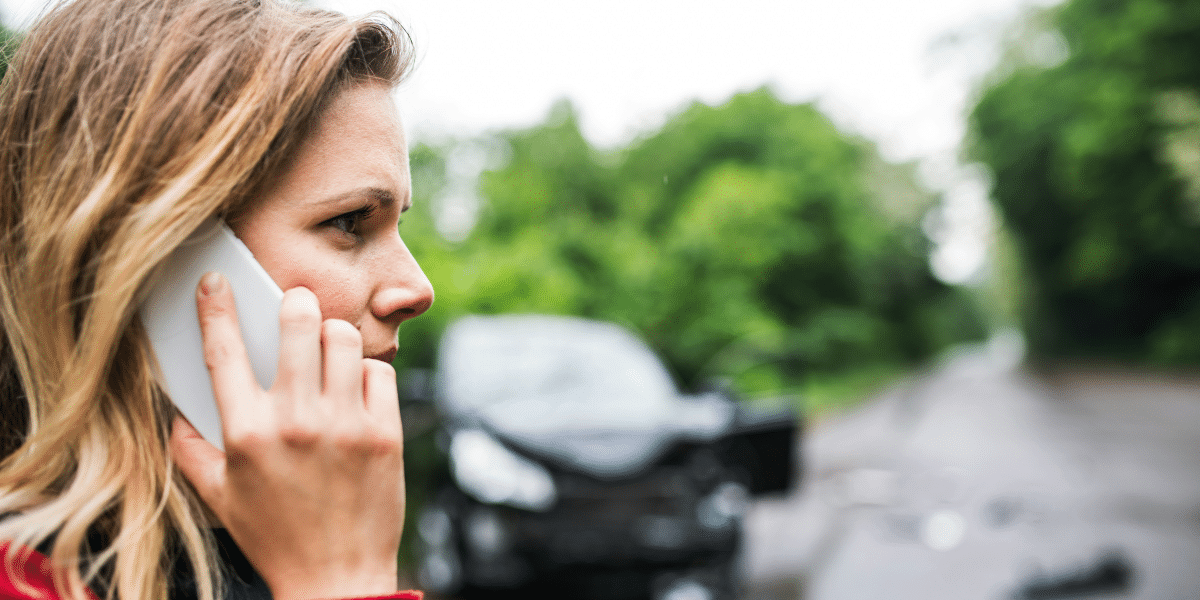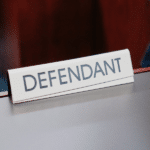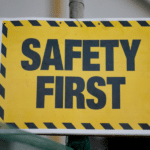Road accidents are, by nature, highly stressful and often traumatic experiences. The immediate aftermath of an accident can be overwhelming, with emotions running high and numerous tasks requiring urgent attention. However, the ability to remain calm and systematic during these moments is crucial. Properly gathering and preserving evidence can significantly influence the outcome of any subsequent legal or insurance proceedings. This article outlines a clear, concise guide to the key actions that should be taken following a road accident to ensure that a claim is both powerful and well-supported.
Staying Calm and Assessing the Situation
In the immediate aftermath of an accident, the priority must be the safety of everyone involved. Panicking is natural, but it is important to quickly assess the situation and ensure that no one is in immediate danger. Once it is safe, consider moving vehicles out of traffic lanes to prevent further accidents. This step is particularly important in busy areas where additional collisions could occur. The safety of all involved parties should always take precedence before documenting the incident.
Contacting the Authorities
One of the first actions after ensuring safety is to contact the police. A police report is an essential piece of evidence that provides an objective account of the accident. This report often serves as a critical component in processing a car accident claim. When interacting with the police, it is vital to provide an accurate account of the incident without embellishing or making assumptions. Honesty is key, but avoid making statements that could be misconstrued as an admission of fault.
Gathering Information at the Scene
The importance of collecting as much information as possible at the scene of the accident cannot be overstated. This includes exchanging contact and insurance details with other drivers involved. Essential information such as names, phone numbers, addresses, and vehicle license plate numbers should be noted. Additionally, if there are witnesses to the accident, their accounts can provide invaluable support to your claim. Their testimonies, often unbiased, can clarify the events leading up to the accident, providing a clearer picture of what transpired.
Taking Photographs and Videos
Visual evidence is one of the most compelling forms of proof in a car accident claim. Using a smartphone, take clear and comprehensive photos and videos of the accident scene. Capture images of all vehicles involved, any visible damages, the surrounding road conditions, traffic signs, and signals. It is beneficial to photograph the scene from multiple angles and distances to provide a complete view. If injuries are visible, these should also be documented. Such visual evidence can be pivotal in demonstrating the severity of the incident and supporting your account of the events.
Documenting the Details
As soon as possible after the accident, take the time to write down your version of events. Even seemingly minor details can become significant later, and memory can fade quickly after a traumatic event. Record the date, time, weather conditions, and a step-by-step account of how the accident occurred. The more detailed and accurate this account is, the better it will serve as a reference in the future. This documentation can help solidify your narrative when recounting the incident to authorities or during legal proceedings.
Seeking Medical Attention
Regardless of how minor injuries might seem initially, it is always advisable to seek medical attention following an accident. A medical report serves as critical evidence of any injuries sustained and can be instrumental in supporting a claim for damages. Follow the prescribed treatment plan and ensure that all medical records, bills, and receipts are meticulously kept. These documents will be crucial in demonstrating the extent of your injuries and the costs incurred as a result of the accident.
Preserving Evidence of Damage
It is important to preserve any damaged property resulting from the accident, including the vehicle and personal effects. Avoid repairing the vehicle until it has been thoroughly evaluated and documented. The condition of the vehicle and other damaged items can provide tangible evidence of the impact and severity of the accident. This evidence will be necessary to substantiate your claim and support any statements made regarding the incident.
Obtaining the Police Report
After the initial contact with the police, it is important to obtain a copy of the police report. This document typically contains key details about the accident and the officer’s opinion on the incident, which can be highly relevant to your case. Review the report carefully for accuracy, and if any discrepancies are found, notify the authorities promptly to request any necessary corrections. Ensuring the accuracy of this report can play a significant role in the outcome of your claim.
Reporting the Accident to Your Insurance Company
Informing your insurance company about the accident as soon as possible is a critical step in the process. Provide them with all the information and evidence gathered, ensuring that your report is as complete and accurate as possible. It is important to be thorough and consistent, as discrepancies can lead to complications. Remember, while cooperation with your insurance company is necessary, it is also important to protect your interests, and avoid making any statements that could be used against you.
Keeping a Record of All Correspondence
Maintaining a detailed record of all communications related to the accident is essential. This includes correspondence with insurance companies, medical professionals, and any other parties involved. Document the date, time, and content of each interaction, whether it is an email, letter, or phone conversation. This record will help create a clear timeline of events and ensure that all relevant information is easily accessible when needed.
Consulting a Car Accident Attorney
Navigating the legal complexities of a car accident claim can be challenging, and seeking the services of a car accident attorney, like Dixon injury law, is often advisable. An experienced attorney can provide invaluable assistance by explaining your legal rights, negotiating with insurance companies, and building a strong case for compensation. Having professional legal support can significantly improve the likelihood of a favorable outcome.
The Importance of Detailed Documentation
Accident cases involve a multitude of details that must be captured accurately and promptly. Thorough documentation, from the initial incident to the final resolution, is crucial in building a strong and credible claim. By following the steps outlined above, individuals can ensure that they have the necessary evidence to support their claims effectively. For those who require additional assistance, reaching out to a trusted Panama City car accident attorney can provide the guidance needed to navigate this challenging process and secure the compensation they deserve.
Published by: Martin De Juan



















